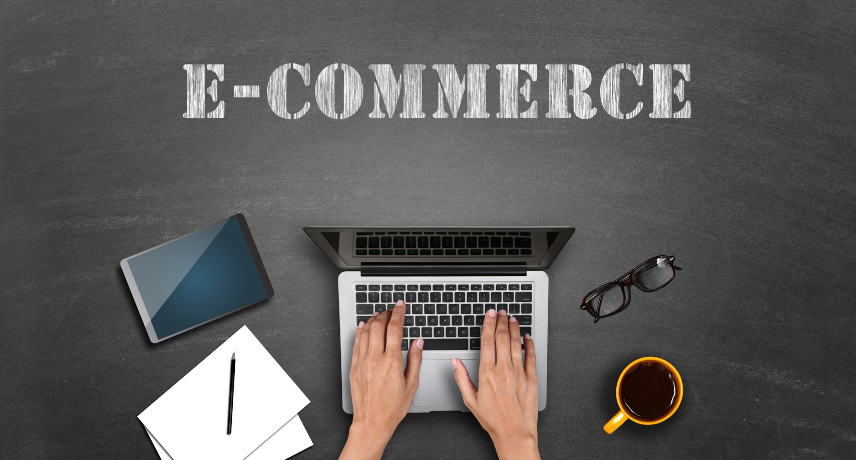
Enquiry Form
Customizable ERP Solutions for Growing E-commerce Brands
In this ever-evolving e-commerce universe, growth is not an aim itself; it is not a “thing to do”, growth becomes a mode of operation. At that point, you want to start looking at customizable ERPs (Enterprise Resource Planning) systems as your Online business grows up and needs a few more advanced tools and systems. Not your cookie-cutter solutions, these ERPs are built with your brand in mind so you can streamline operations, automate processes, and continue to expand.
Why Customization Matters in ERP for E-commerce
Companies working in e-commerce operate distinctively. Engagements such as your product lines, sales channels, and fulfillment strategies vary from one organization to another. A customizable ERP permits you to:
• Tailor workflows for precise business functions.
• Implement new modules or deactivate existing ones based on changing requirements.
• Effortlessly merge with Shopify, WooCommerce, Amazon, and various payment processors.
• Maintain operational efficacy as sales and clientele multiply.
Custom ERP systems are sensible expenditures for growing and diversifying online stores due to their adaptability.
Key Features of a Customizable ERP for Online Stores
Here are the most important features to consider when selecting a scalable ERP system for your expanding e-commerce business:
1. Modular architecture
In other words, choose to turn on only modules like inventory, sales, purchase, CRM, accounting, HR, which you are interested in. More modules can be added as your business expands, with no system or workflow interruptions.
2. Flexible workflows
Order processing, inventory tracking, returns, and customer support automation differ by industry or by how the business wants to be perceived. Custom ERPs enable the creation of self-defined workflows and approvals, reducing errors and manual steps.
3. Multichannel integration
You should be able to integrate your marketplace, website, mobile apps, and brick and mortar stores with your ERP system. With this, you can centralize your data with live inventory / Pricing and Orders synced across all channels.
4. Custom reporting and analytics
Businesses require different metrics; thus, a good ERP has to allow the creation of custom dashboards and reports to reflect business KPIs such as sales performance, product returns, or customer lifetime value.
5. User Roles & Access Control
The expansion of your team is directly correlated with the need for secure and efficient access. Customizable ERP systems allow you to create user roles with granular permissions, so each user has access only to the data relevant to their responsibilities.
Benefits of Using a Flexible ERP System
Integrating a tailored and adaptive ERP system into your e-commerce business offers various advantages:
• Enhanced Productivity: Operational workflow systems automate repetitive tasks, which saves considerable time and streamlines efficiency.
• Enhances Customer Satisfaction: Better accuracy and timeliness in receiving orders means there are fewer customer complaints to deal with.
• Ability to Scale: Change greatly or moderately depending on market demands, expand to other regions, or introduce additional products without requiring major system revisions.
• Economical: Modular systems allow for payment only on used modules. An evolving ERP system can grow alongside the company.
Industries That Benefit Most from Customizable ERP Systems
Any growing e-commerce business can benefit; however, the following industries particularly stand to gain from customizable ERP systems:
• Fashion & Apparel – Frequent product variations and high return rates.
• Electronics & Gadgets – Complex inventory and warranty management systems.
• Health & Wellness – Compliance management and batch tracking.
• B2B E-Commerce – Customized quotations, bulk order processing, and account management.
How to Choose the Right ERP for Your Brand
When evaluating an ERP system for your e-commerce business, pay attention to:
• Is it possible to integrate it with your existing systems and applications?
• Are there features tailored to specific industries?
• Is it available on the cloud, and can it be accessed remotely?
• Will it be able to scale alongside your business?
• To what extent are the workflows, dashboards and reports customizable?
Work with ERP vendors and ask for business demos so you can discuss your long-term goals to ensure they meet your needs.
Conclusion
Growing brand agility and scalability are vital in e-commerce. A bounded system will not work for a well-evolving brand. Systems that create barriers instead of offering automation, adaptability, and technological aid will retard progress of a brand that is on the move, especially in ecommerce, where operations can doubly explode in size overnight. Be it expanding to new marketplaces, improving the organizational structure, processing interfaces, or enhancing the customer journey—flexible ERP systems are your foundation for sustained success.